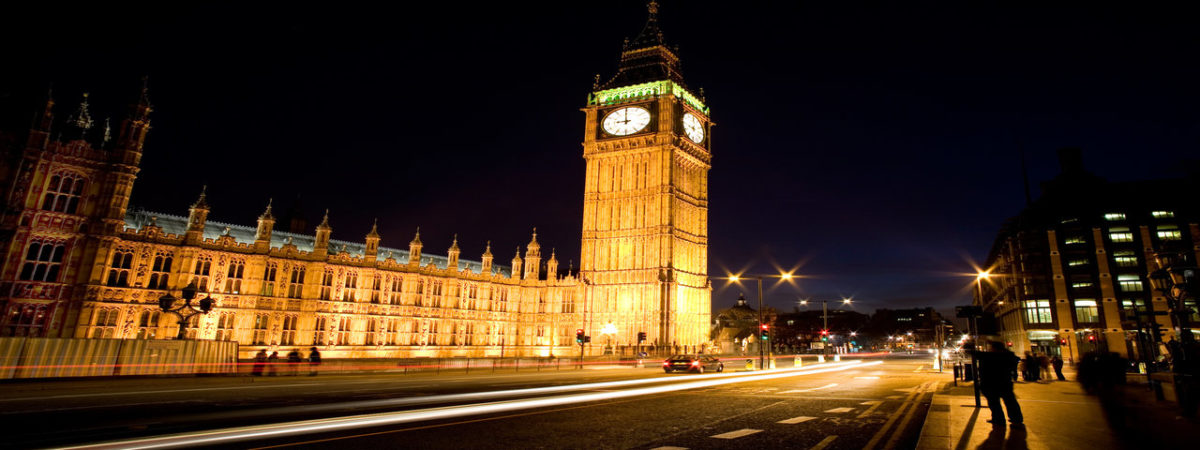Fair Trade Without the Froth
SUGGESTED

An Essay on the Supposed Electoral Obstacles Impeding the Translation of Economic Analysis into Policy

Main articls on Europe: Single Market or Political Union?, edited by Colin Robinson

A Dispassionate Economic Analysis of 'Fair Trade'
This important study, whilst not doubting the position that Fair Trade is part and parcel of a market economy, does question the claims made by the Fair Trade movement. The market economy and free trade – often decried by proponents of the Fair Trade movement – may deliver the benefits that the Fair Trade model brings without the costs and bureaucracy involved in obtaining the Fair Trade label. Furthermore, this study questions the exclusivity often claimed by Fair Trade organisations: there are other social labelling initiatives that perhaps have more transparent objectives.
The author – a trade expert from Dundee University with broad practical experience of international trade – also finds that criticisms of Fair Trade are exaggerated, and he does accept that Fair Trade can bring some benefits to producers in particular circumstances.
This study is essential reading for all those who wish to understand better this 21st-century consumer phenomenon and whether it actually delivers the benefits its proponents claim.
2010, Hobart Papers 170, ISBN 978 0 255 36645 8, 135pp, PB
See also:
Half a Cheer for Fair Trade by Philip Booth and Linda Whetstone



